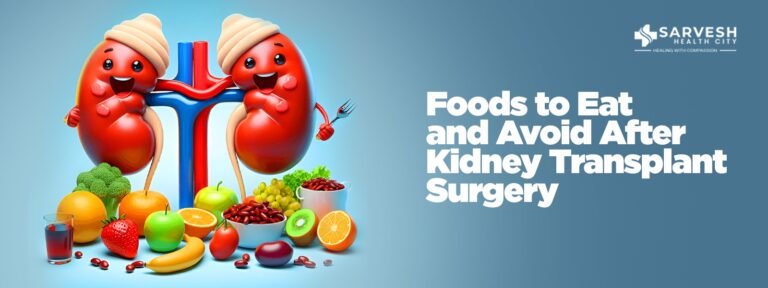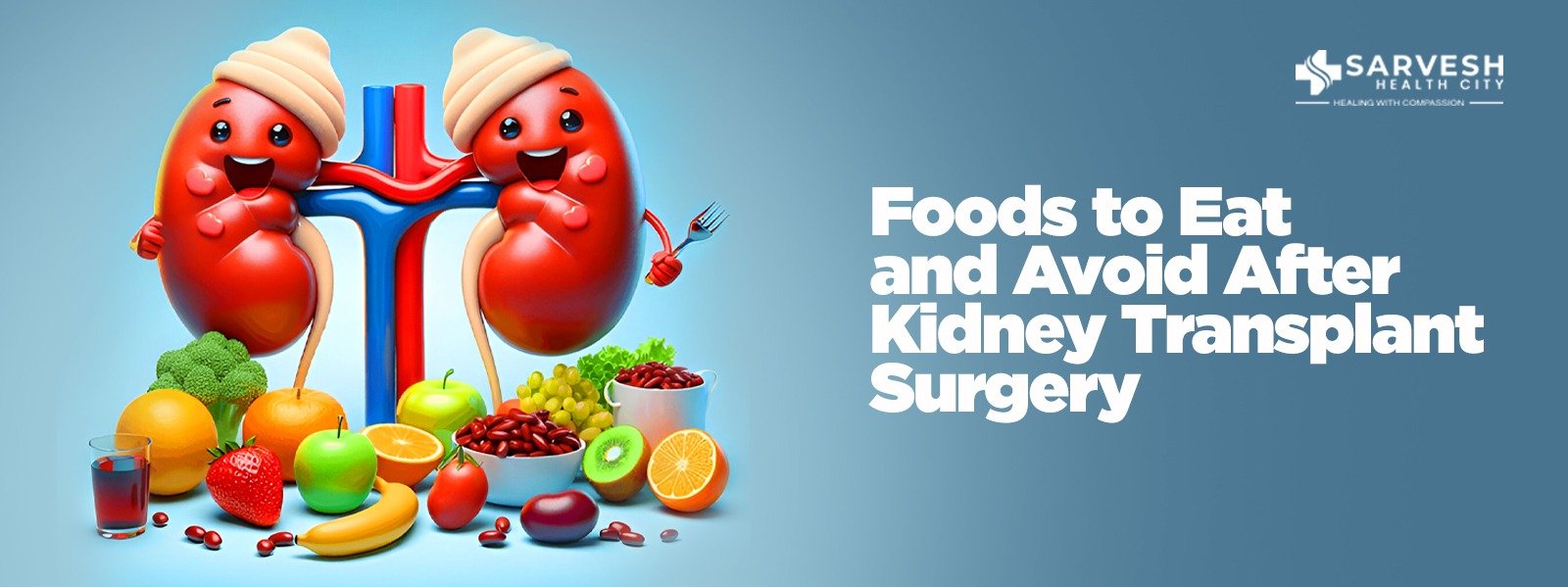- Specialities
- Center of Excellence
- Specialitites
- ANAESTHESIA & INTENSIVIST
- BREAST SURGERY
- CRITICAL CARE
- DERMATOLOGY
- DIALYSIS
- DENTISTRY & MAXILLOFACIAL SURGERY
- ENT
- INTERNAL MEDICINE
- INTERVENTIONAL RADIOLOGY
- LAPAROSCOPIC & GENERAL SURGERY
- OBSTETRICS & GYNAECOLOGY & COSMETOLOGY
- OPHTHALMOLOGY (EYE CARE)
- PEDIATRIC CARE & NEONATOLOGY
- PHYSIOTHERAPY & REHABILITATION
- Services
- AMBULANCE SERVICES (24/7)
- BONE MARROW TRANSPLANT
- BLOOD CENTER (OPEN 24/7)
- EMERGENCY SERVICES (AVAILABLE 24/7)
- LAB AND PATHOLOGY (OPEN 24/7)
- NEONATAL INTENSIVE CARE UNIT (NICU) & PEDIATRIC INTENSIVE CARE UNIT (PICU)
- NUTRITION & DIETETICS
- PHYSIOTHERAPY & REHABILITATION SERVICES
- PREVENTIVE HEALTH CHECKUPS
- PHARMACY (OPEN 24/7)
- PET/CT SCAN
- RADIOLOGY & IMAGING SERVICES
- Blogs
- Health Library
- Our Empanelment
- About Sarvesh
- Specialities
- Center of Excellence
- Specialitites
- ANAESTHESIA & INTENSIVIST
- BREAST SURGERY
- CRITICAL CARE
- DERMATOLOGY
- DIALYSIS
- DENTISTRY & MAXILLOFACIAL SURGERY
- ENT
- INTERNAL MEDICINE
- INTERVENTIONAL RADIOLOGY
- LAPAROSCOPIC & GENERAL SURGERY
- OBSTETRICS & GYNAECOLOGY & COSMETOLOGY
- OPHTHALMOLOGY (EYE CARE)
- PEDIATRIC CARE & NEONATOLOGY
- PHYSIOTHERAPY & REHABILITATION
- Services
- AMBULANCE SERVICES (24/7)
- BONE MARROW TRANSPLANT
- BLOOD CENTER (OPEN 24/7)
- EMERGENCY SERVICES (AVAILABLE 24/7)
- LAB AND PATHOLOGY (OPEN 24/7)
- NEONATAL INTENSIVE CARE UNIT (NICU) & PEDIATRIC INTENSIVE CARE UNIT (PICU)
- NUTRITION & DIETETICS
- PHYSIOTHERAPY & REHABILITATION SERVICES
- PREVENTIVE HEALTH CHECKUPS
- PHARMACY (OPEN 24/7)
- PET/CT SCAN
- RADIOLOGY & IMAGING SERVICES
- Blogs
- Health Library
- Our Empanelment
- About Sarvesh

Kidney transplant surgery is performed to save the life of patients suffering from end-stage kidney disease as it helps them regain health and a better quality of life. Once a new kidney takes over, the majority of the limitations associated with kidney failure can be lifted; however, the process of recovery is still a very delicate one, especially in terms of food.
This article is a diet-guide post-kidney transplant operation giving insights on how an appropriate diet can avoid the occurrence of complications and most importantly, promote the long-term success of the transplant.
Being one of the best kidney transplant hospital in Hisar, Sarvesh Health City performs the surgery with the latest techniques and offers the patients dietary counseling for safe transition to their new lifestyle.
Understanding the Kidney Transplant Diet
The post-transplant diet, unlike dialysis or pre-transplant diets, is less restrictive in nature but still holds the same value. In the first 6–8 weeks after surgery, the dietary guidelines given are quite detailed and specific to the needs of the body to ensure proper healing and to reduce the chances of infection.
Eventually, the diet becomes more of a general balanced diet if there are no lifestyle diseases like diabetes, high cholesterol, or obesity.
A good transplant diet can effectively:
- Help the body to heal and regain the lost muscle.
- Keep a healthy weight
- Assists in blood sugar control as well as blood pressure levels.
- Avoid overloading the new kidney.
- Reduce the chances of drug-food interactions with immunosuppressant medications.
Essential Foods to Include After a Kidney Transplant
1. Protein-Rich Foods for Healing
Surgery, along with post-operative medications like steroids, largely escalates the body’s requirement for protein. The body recovery will be done much faster with the intake of adequate protein, which also prevents the loss of muscles and supports tissue repair.
Some of the good sources of protein are:
- Lean meats: chicken, turkey, fish, beef, and lamb.
- Dairy: yogurt, mild cheese, and milk (pasteurized).
- Eggs and egg whites (we recommend the yolks not to exceed 3–4 per week).
- Vegetarian proteins: Nuts, peanut butter, paneer, lentils, soy products, and tofu
2. Whole Grains, Fruits, and Vegetables
Fruits, vegetables, and whole grains are the main source of the necessary vitamins, minerals, and dietary fiber which help in the proper functioning of the digestive system and also boost immunity. Nevertheless, they have to be properly washed and eaten in a safe way to lower the risk of infections.
- Go for whole grain (Oats, multigrain bread, and brown rice) products.
- Use fresh, washed fruits and vegetables (do not use damaged or unwashed produce).
- Restrict fruit juice consumption to only pasteurized ones
3. Foods That Support Blood Sugar Control
Immunosuppressants like steroids have the ability to increase the levels of blood sugar, in some cases resulting in diabetes induced by steroids. The following are some ways for controlling it:
- Include whole grains, beans, and vegetables (complex carbohydrates)
- Do not consume refined sugars, sugary drinks, and snacks with a high content of sugar.
- Consume evenly timed meals with fruits in a controlled portion.
4. Adequate Hydration
The transplanted kidney is new and it needs to be kept hydrated to function properly. After kidney transplant patients must keep themselves hydrated, drink plenty of water, and avoid any caffeinated drinks, such as soft drinks or coffee.
Foods and Drinks to Avoid After Kidney Transplant
1. Foods That Interact With Medications
Anti-rejection drugs should not be combined with certain fruits and herbs because these products may cause “negative impact” on the body. Some foods either increase or lower the drug’s effect, which can be risky for the transplanted kidney.
Avoid:
- Grapefruit and grapefruit juice.
- Pomegranate and pomegranate juice.
- Seville oranges (regular oranges are safe in moderation).
- Any herbal tea (green tea, chamomile tea)
- Supplements such as St. John’s Wort, ginseng, echinacea, and high-dose Vitamin C.
2. High-Risk Foods That May Cause Infections
As transplant medications are immunosuppressive, patients are more susceptible to infections caused by food.
Foods you should avoid:
- Undercooked or raw meat, poultry, and seafood.
- Dairy products that are not pasteurized such as milk, cheese, or yogurt.
- Fresh sprouts like alfalfa or bean sprouts.
- Fruits and vegetables that have not been washed.
3. High Sodium Foods
If a person has a kidney transplant, he/she is recommended to follow a low-sodium diet because too much sodium will raise the blood pressure but also lead to fluid retention that will damage the transplanted kidney.
Limit:
- Meat products are treated with a high level of salt.
- Non-low-sodium canned soups and packaged meals.
- Pickles, sauces, and snacks that contain salt like chips.
- Fast foods and fried dishes.
4. Foods High in Potassium
Certain drugs may interact with body fluids and change potassium levels in the blood. Very high or low potassium levels can have a great impact on the function of muscles and the heart. Patients should definitely adhere to their doctor’s instructions regarding potassium intake.
Be careful of high potassium containing foods, such as:
- Bananas, oranges, apricots, nectarines, melons, and avocados.
- Dried fruits such as raisins and prunes.
- The group includes tomatoes, potatoes, pumpkins, lentils, and beans.
- Dairy products, nuts, and chocolate.
Final Thoughts
The recovery path after a kidney transplant is very much dependent on what the patient eats. Consuming a diet rich in protein, fiber, whole grains, and safe fruits and vegetables brings the body back to health, whereas not consuming high-risk foods also helps in the prevention of side effects and drug interactions.
Therefore, with proper expert guidance, patients are able to develop custom diets that are supportive of not only their new kidneys but also their overall health.
Consulting with specialists in the best kidney transplant hospital in Hisar will help you get advanced treatment and customized dietary support for comprehensive renal care.
FAQ
Q1. Is it possible to eat normal food post kidney transplant?
Ans. Yes, they can. Most patients go back to a regular balanced diet after the first recovery period of 6-8 weeks. But the conditions such as diabetes or high cholesterol in the individual may require changes in the diet.
Q2. Why is diet important for recovery after kidney transplant surgery?
Ans. Diet is necessary for the healing of the wound, keeping a good weight, preventing infections, and lowering the risk of complications caused by immunosuppressant medications.
Q3. Are fruits and juices the safest for kidney transplant patients?
Ans. Yes, if they are pasteurized and washed thoroughly. Grapefruit, pomegranate, and sour oranges are the sources of drug interactions and, therefore, should not be consumed.
Q4. Is it okay to take herbal supplements after a kidney transplant?
Ans. No, unless your doctor gives you the green light, you are not allowed to take herbal supplements and teas because they can interact with anti-rejection medications and put you at risk.
Media Resources
Media enquiries
- Sarvesh Health City
- Sarvesh Health City Site No. 1, Sector 14, Hisar – 125001 (Haryana)
- +91 6901 626262
- +91 6901 636363
Social Media

DR. VIJAY KUMAR GHODELA
NEPHROLOGIST & KIDNEY TRANSPLANT PHYSICIAN
Searching for the best nephrologist? Meet Dr. Vijay Kumar Ghodela – expert in kidney care & transplant solutions with proven success. Book now!





